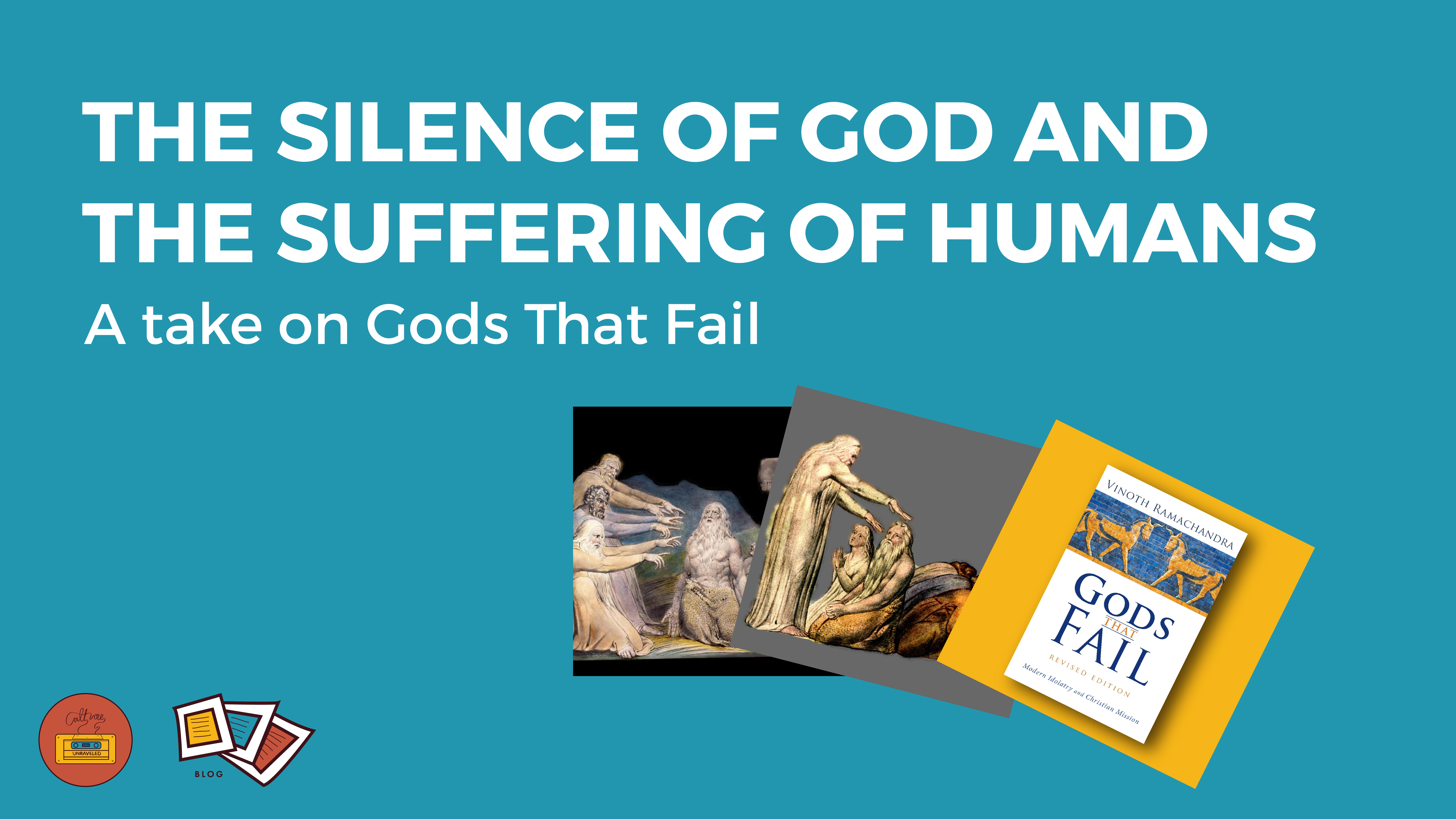
- Why and how do we walk?
Walking on the beach is bliss. People often express how they would love taking walks on the beach with their partners. It refreshes our mood, distracts us from the hassles of daily life, and helps us connect with each other. There is something about the ocean that is characteristically formidable yet gentle—that it has the power to simultaneously instill in us a sense of awe and peace. Moreover, it has the potential to free us to unreservedly converse with our partners. Taking long walks on the beach indeed refreshes our bodies and minds.
Walking to exercise is also good for us. Research has shown that the physical activity of walking improves our creativity. When we walk daily to keep our bodies fit, our brains form new neural pathways, improving our ability to think creatively. Moreover, when we must generate innovative ideas, walking enables us to produce something original and innovative more quickly than when sitting down. Since walking is an automatic activity, it simultaneously activates and frees our brains to think creatively. So, walking improves our physical and mental health and caters to our overall well-being.
While walking on the beach and walking for physical exercise are activities that cater to our bodies, minds, and souls, there is another kind of walking that significantly changes us. In the Bible, God repeatedly commands Christians to ‘walk in the Spirit.’ We see that God invites us to walk with Him to commune with Him. So, what does it mean to walk with God, and how do we do it?
In the Garden of Eden, God walked with the humans He created in the cool of the day. Although Scripture tells us about this in the context of the Fall, we can infer that God walked with Adam and Eve to speak to them, delight in their company, and make Himself known to them in an intimate fellowship with them. Although sin ruined this close communion that humans experienced with God, we see multiple instances in the Old Testament of how God did not end this relationship that He set up with humans when He created them. We see that Enoch walked with God, or how David was a ‘man after God’s own heart,’ as he walked in a close, trusting relationship with Him. We also see Esther, who trusted in God’s provision and walked in obedience to God. Through all these examples, we see that God continued to restore this fellowship with his people as a way of restoring the communion he had with them in the Garden of Eden.
When Jesus came into this world, God fully restored this fellowship with us through Him. We see countless instances of how Jesus walked with his disciples, inviting them into a deep friendship with Him and teaching them about how to take part in the fellowship that He has with the Father. After His resurrection, we see how He walked with two dejected disciples on the road to Emmaus, igniting the eyes of their hearts to grasp the profound reality of His resurrection and His power to give life. We know how, from the moment they took that walk with Jesus, He transformed their lives. And even now, Jesus invites Christians everywhere to walk with Him in the Spirit, even as we continue to trust and love Him.
How do we walk with God in the Spirit? To understand how to walk with God, we must first realise that this is not meant only for intensely spiritual or charismatic Christians. Since it begins first with God’s work of grace in our lives, anyone can walk with God if they recognize the work that God has already started. Eventually, the Spirit leads us to consistently focus on God’s things by killing sin and living for Jesus. He gradually transforms our hopes and desires into an eager expectation and desire for Christ’s return. And in doing so, He draws us into a deeper communion with Him, and we get a glimpse of the communion that God set up with humans in the Garden of Eden, something that He will fully restore again in the new creation.
- Is it good to be curious?
Human beings are innately curious. And we often satisfy our curiosity through a restless pursuit of knowledge. If you have ever been guilty of buying new books and stacking them up on bookshelves even when you know you would not read them, you know what it means to be restlessly curious. An Instagram meme that highlights such a guilty pleasure in books consists of a picture of a guy being arrested for looking longingly at bookstores as he walks past them. Despite the humour in these memes, they point to our hunger for knowledge and our desire to satisfy our intellectual curiosity.
As people living in the 21st century, we deeply value curiosity. We often appreciate people with curious minds, regard them as original thinkers and drivers of innovation, and even encourage young people to develop their ability to be inquisitive. Also, there are numerous articles and blogs on the internet that not only discuss why curiosity is important for learning and innovation but also suggest ways and methods to cultivate and nurture a curious mind. But on the contrary, the Christian tradition often looked upon curiosity as a vice. Early Christians regarded curiosity as a corrupted desire for knowledge.
Does this mean that Christianity is anti-intellectual and averse to critical questioning? No, because the Christian Scriptures invite readers to meditate on them, instruct people to ‘get’ understanding, and even recommend that Christians be open to reason and consistently renew their minds in the knowledge of the truth. So, what does it mean that historically, the Christian tradition considered curiosity a vice?
Before we dive into the historic Christian understanding of curiosity, looking at how we understand this concept in our contemporary culture would be useful. Popular business magazines such as the Harvard Business Review and Forbes discuss the importance of cultivating a culture of curiosity at the workplace. According to their research, curiosity fuels innovation, fosters a work environment that encourages growth and improvement, and even builds relationships in which there is a mutual exchange of ideas. More importantly, it revealed that being curious in conversations connects us to one another. When we adopt a conversational attitude in which we ask good questions and are willing to alter our beliefs based on others’ insights, we emulate intellectual humility. So, based on research and popular notions of the concept, we see that curiosity is good when people employ it for the sake of learning.
However, curiosity also has a downside. When people are curious because they cannot tolerate uncertainty or when they want to assert their superiority over others by knowing more, it displays a lack of intellectual humility. Pride and arrogance fuel such curiosity rather than the humble recognition that there is a mystery to life that one can fully grasp. So, when people are eager to satisfy their hunger for knowledge without revering mystery, such curiosity only leads them to knowledge that puffs them up with arrogance.
Now, in the Christian tradition, curiosity is only a vice because it does not consider being curious, even for the sake of learning, as a good desire. Rather, it looks at every desire for knowledge through the lens of sin. Such desire is wrongly inclined to pursue knowledge without regard for God (the source of all wisdom and knowledge), without proper limits to what ought to be known, and without self-control. When irreverence for God and a lack of humility and self-control drives our curiosity, such is only a hankering to ‘find out,’ rather than an orderly desire to know for a good purpose.
However, in the Christian tradition, curiosity is distinguished from studiousness, which is primarily an activity that is orderly and reflective with due regard for its object of study. A studious person does not seek knowledge for mere intellectual satisfaction or even learning. Rather, they devote themselves to seeking knowledge within the space that the Spirit of Grace opens to them, according to the limits set by the Spirit, and with a single-mindedness in learning what the Spirit is teaching them. Therefore, if the Spirit does not renew our motives and desires, curiosity—while a natural human inclination for knowledge and understanding—will continue to be a vice.
- What do words reflect?
Why should we pay attention to our words? Culturally, we look at words as carriers of power. We believe that words could influence others, either positively or negatively. They can shape how others perceive us. The words we speak also could reflect our intelligence. The more words we know and the greater our ability to understand the meanings of those words and use them effectively, the greater our intellectual ability. So, being attentive to the words we speak can enable us to become effective and persuasive communicators. But is there more to why we must pay careful attention to our words?
In recent years, there has been a surge in the number of apps that have been launched that cater specifically to helping people improve their vocabulary. One of them is ‘Elevate,’ which is useful for people to improve their math, reading, writing, and comprehension skills. In marketing the app, the company developed a technique in which they ask their audience if they use certain phrases in their daily interactions with people. And by categorising commonly used phrases, expressions, or words as “uninteresting” or “boring,” the marketers introduce ‘Elevate’ as the best platform to improve one’s vocabulary and become the most interesting person in the room. The marketers seem to make people believe that the purpose of knowing words is to sound interesting and captivate the attention of others.
Popular notions for why it is important to build our vocabulary also revolve around similar ideas. They suggest that knowing words enables us to engage people in interesting conversations, have a positive influence on them, add value to their interactions with us, and be relevant to those who hear us. These reasons indicate certain values that we consider culturally important. We value being empathetic to the people we speak to, improving our interpersonal connections, being able to communicate clearly, and even receiving validation for what we say. Even more so, we believe that our capacity to use interesting and relevant words often leads us to influence people with regards to what we consider worth knowing or doing. While these are important reasons for building our vocabulary, they only point to the practical usefulness of knowing words. They suggest that our knowledge of words reflects our intellectual capacities, and hence it is important to build our capacity to speak words that sound smart and clever.
The Bible, on the other hand, speaks about the importance of words, not merely in terms of how they reflect our intelligence but also the character of our hearts. Jesus states that the good person brings forth good words out of his good treasure, and the evil person brings forth evil words out of his evil treasure. According to Jesus, our hearts are a treasure trove of thoughts, desires, and motives that are either good or bad. And our words have the capacity to reflect these aspects of our hearts. Simply put, our words do not merely reflect our intellectual capacities. They reflect our moral inclinations. And since our words can either be good or bad, it is important to go beyond building our capacity to know and grasp the meaning of words to yield to God’s power in renewing our hearts.
As the Scriptures give us insight into how our words reflect our character, they also point us to God’s promise of the Holy Spirit, who cleanses our hearts and empowers us to speak words of grace, kindness, love, and truth. As we walk in the Spirit, we not only learn words that increase our knowledge of the truth, but He also transforms our hearts so that those words reflect the character of Christ. Moreover, the Spirit empowers our timid and weak hearts to speak life-giving words with courage. The purpose of our words in our interactions with others is not so much to sound interesting as to turn their attention to God’s love. So, it is important that we pay attention to the Spirit when we speak.
Therefore, while it is important that we build our vocabulary so that we can use relevant and effective words, it is even more crucial that we pay attention to the condition of our hearts, from which our words overflow. It is good to learn to communicate effectively and have the capacity to influence others positively. It is even better when our ability to reflect Christ’s character shapes such an influence. And only as we walk in the Spirit do we learn how to speak words that are not only powerful and effective but transformative and life-giving.












